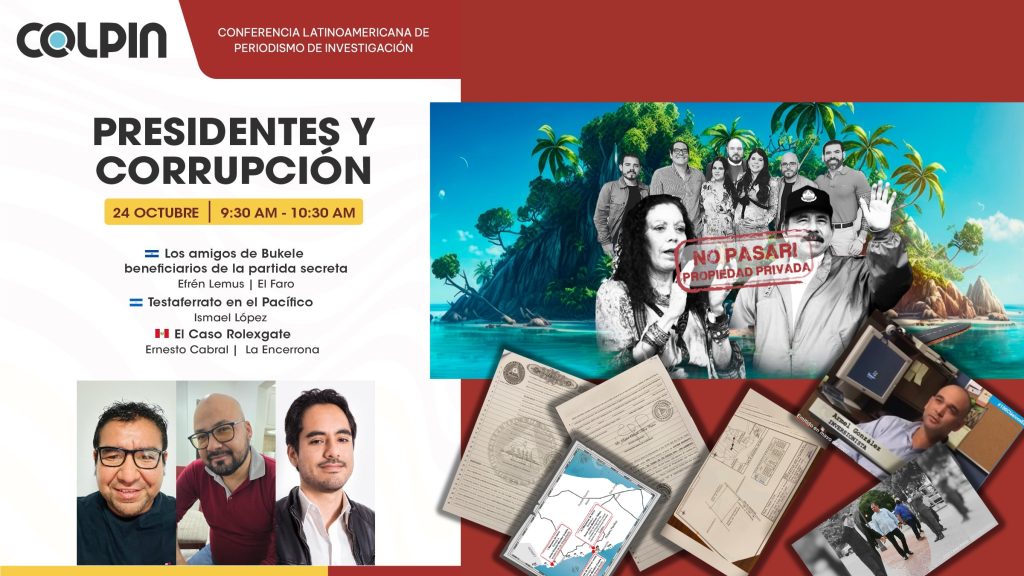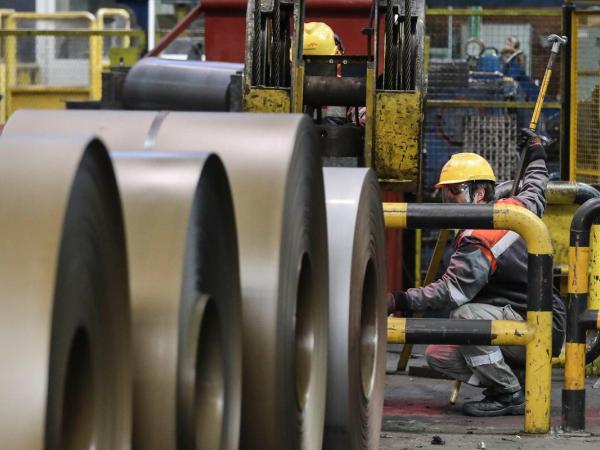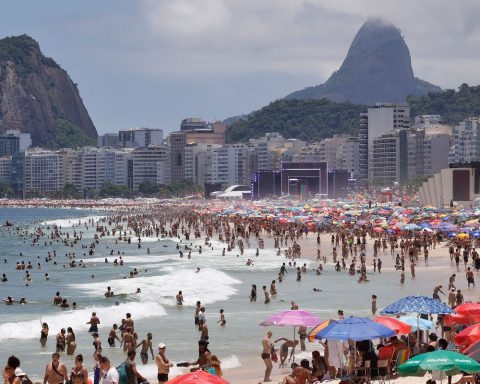d
you went back, the vice president of the Chamber of Commerce and Industry of the BRICS interstate association, Samip Shastri, reported that The volume of settlements in the national currencies of the member countries already exceeds that of settlements in dollars
(https://goo.su/g0S5).
To this data we should add that 92 percent of the cross-border payments of the 26 countries that make up the Shanghai Cooperation Organization (SCO) are already made without dollars (https://goo.su/wg1ugJ).
The speed of the changes is perhaps the biggest fact to take into account. In 2022, the share of payments in national currencies among SCO countries was 40 percent, now reaching 92 percent. In parallel, China and Russia have been carrying out bilateral trade using the Chinese yuan since 2023.
In 2010, the yuan was used by China in just 0.3 percent of international exchanges, but this year it reached 52.9 percent, 10 points more than the dollar. This is a process that has been a decade in the making, but has intensified over the past four years and accelerated with the war in Ukraine.
It should be considered that China is the main factory on the planet, that its foreign trade shifts from the Global North to the Global South, as a way to overcome the trade barriers imposed by the US (https://goo.su/DV443).
Beyond what happens at the BRICS summit in Kazan (October 22-24), which many consider a stellar moment for the implementation of alternative currencies to the dollar and means of payment not controlled by the West, the above data allows some conjectures and conclusions.
The first is the evident decline in the use of the dollar, especially in the most dynamic area of the current economies in the world: Asia. Decline of the currency that is parallel to the decline of the hegemonic power. However, I believe it is necessary to avoid simplistic analyzes that consider the most powerful military empire in history and the West as a whole almost defeated.
Decadence is not synonymous with defeat or the end of hegemony. I believe that we are facing a real, but very slow, process that will take shape in the long term and that we cannot fall into a determinism that assures us that hegemonic changes are inevitable. The West still has a lot of power and resources.
Secondly, imperial decline must be related to the succession of wars that it drives in the world, using Ukrainians, Israelis, Saudis and other nations willing to submit to its will. Violence is the strong point of the West, which is why it conquered the planet in colonial wars that annihilated entire peoples.
Wars are a consequence of the decline of the West, or Global North, but they can also accelerate it depending on the results they achieve, not necessarily on the battlefield, but in the societies that make them.
Wars are the path chosen by capital to prolong the decline and try to reverse it. This is part of the long history of capitalism, which could only become the dominant system through violence and terrorism. Those who continue to think that there is economic laws
who explained at the time the rise and now the fall of capitalism, make a serious mistake. Patriarchy, for example, does not obey any law or historical reason, but rather the use and abuse of violence and force by dominant men. And you cannot end patriarchy or capitalism with the same weapons with which it has been imposed.
The third issue is that without the hegemony of the dollar, the United States will be a fragile nation – due to its productive weakness and its internal war against the popular sectors –, incapable of imposing itself in the world. But there is not the slightest determinism here either.
The fourth question involves us. What are we going to do?
What we do or fail to do in these decisive moments, as peoples and movements, will have important consequences in the long term. Resisting and building the foundations of collective autonomies seems to be the most appropriate path, looking far ahead to avoid falling into provocations or impossible solutions in the short term.
As far as I know, only the EZLN and some indigenous peoples of our continent have drawn up plans to face the wars from above and the destruction of the planet. When members of Teia dos Povos talk about 3 thousand years or the Zapatistas talk about 120 years or seven generations, it does not mean (if I understood something) that it is about waiting passively.
What we build today will be fundamental so that in the long term there is some possibility of survival of people and life. Hope cannot be a passive wait, but rather the activism of collective creations. We must force ourselves to reflect on the times of people, not of individuals, because these are the short times of capitalism.















